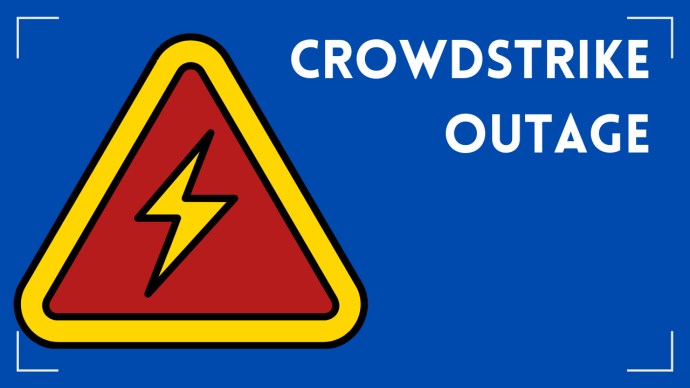Small-business owners want their businesses to grow. It’s only natural. Well, when business increases, other things increase, too, such as inventory, the number of employees, maybe even the number of business locations. More inventory, employees and locations, mean more data. Where will it all be stored? Some business owners prefer to have their own on-site servers, which are managed by one or more staff IT professionals. Over time, in spite of continued growth, the costs associated with installing on-site servers and hiring a skilled IT team to maintain them, can cut into a business’ bottom line. Enlisting the aid of a cloud storage provider can reduce costs by eliminating the need to buy new servers and hire more IT professionals and provide the additional support needed as a business expands.
But don’t be fooled. Choosing the right cloud storage provider is more like trying to find the right primary care physician than the right desk lamp.
“Before choosing a provider, it’s imperative [that you] analyze the reason’s you are looking for a provider and what you hope to get out of the service,” said Nicole Plati of SS|PR. “Some providers are larger than others, and some are more focused than others.”
For example, some cloud storage firms specialize in helping businesses that use Macs and other Apple products.
Once a business leader decides that he needs the help of a cloud storage provider, it’s time for him to start doing his homework. Michael Lee, principal consultant at SWC, offered his insights on the subject. “When choose a cloud storage provider,” said Lee,
“Think security first.
Make sure that the data is encrypted at rest as well as during transmission. Encryption during transmission is the easy part. Encrypting the data while it’s being stored on hard drives at the cloud provider’s data center is not trivial. Ask the provider how he will achieve the encryption at rest.
- How does she manage the keys?
- Who has access to the keys?
- Is there a key recovery mechanism?
- If so, how does that work and who can perform the recovery?
Think backup.
- How does the cloud storage provider backup the data?
- How often is the backup performed?
- How does the provider ensure that the data can be restored from backup?
Think access and control.
- For corporate use, it is critical that company information that is stored in the cloud is accessible by the company if the employee leaves.
- What is the process for gaining access if an employee leaves the company?
- How do you control who has access to what information?
- Is there a portal/gateway that the company can control?
Think compliance.
Be sure to consider all the compliance requirements the organisation has and make sure the storage provider meets those requirements. Remember that you cannot outsource liability. Even if the contract is airtight, your company will be in the headlines if there was a breach or a failure of compliance.
Think location.
Where is the physical location of the storage? For some companies and countries, this is important to consider from a disaster recovery perspective as well as from a compliance or privacy requirements perspective.”
Lee’s suggestions are just some of the many things that business leaders have to think about when they start searching for the right cloud storage providers for their businesses. It really isn’t easy. But once a business is equipped with right cloud storage provider, the benefits of having one become immediately apparent.



